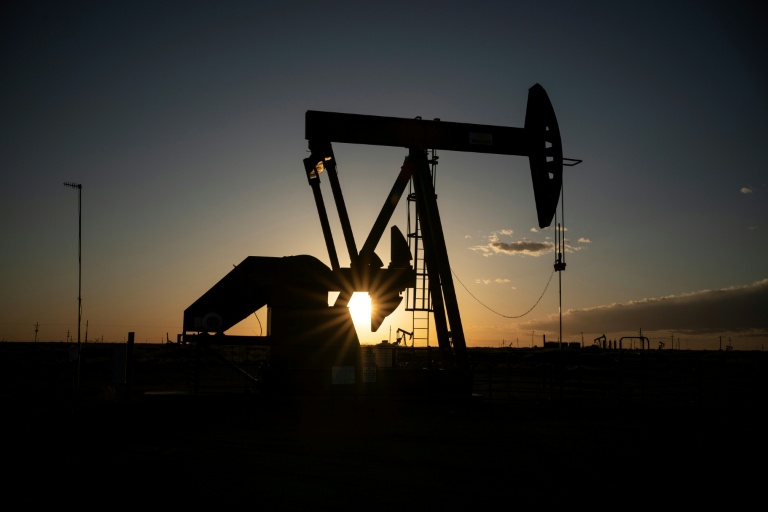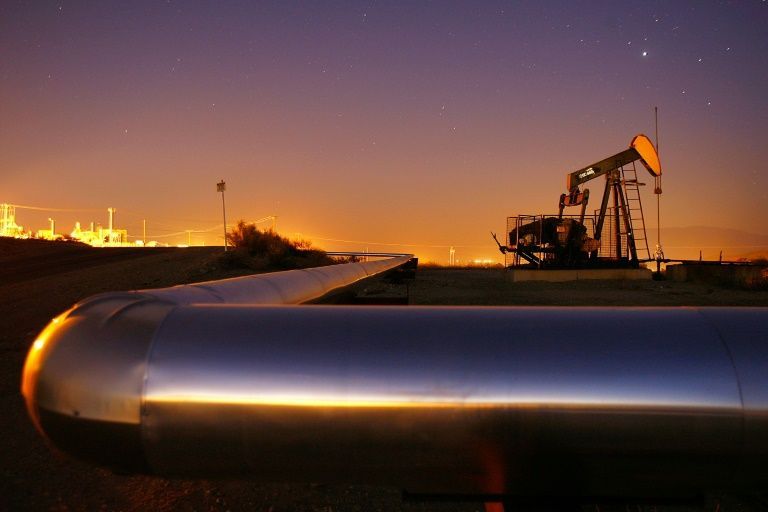OPEC+ Meeting: Oil Production Hike on the Horizon Amid Market Uncertainty
Saudi Arabia, Russia, and other members of the OPEC+ alliance are expected to discuss and potentially agree on increasing crude oil production during a virtual meeting on Sunday. However, analysts are divided on the scale of the anticipated output boost, creating uncertainty in the oil market.
Production Hike Under Consideration
The "Voluntary Eight" (V8) group, comprised of eight key oil-producing nations, is convening amid weekly losses in oil prices and speculation of a possible output increase reaching up to 500,000 barrels per day (bpd). Concerns about oversupply are contributing to market volatility. OPEC itself cautioned against inaccurate media reports potentially fueling market speculation.
Initial expectations pointed to a production increase of 137,000 bpd starting in November, mirroring the October adjustment. However, Commerzbank analyst Barbara Lambrecht emphasized that the group's history of surprising the market with sudden production increases adds to the existing uncertainty.
OPEC+ Strategy Shift and Global Competition
Since April, the V8 group—including Saudi Arabia, Russia, Iraq, the United Arab Emirates, Kuwait, Kazakhstan, Algeria, and Oman—has cumulatively increased production by 2.5 million bpd (mbpd). This accelerated output increase marks a shift from the earlier strategy of production cuts aimed at combating price erosion.
OPEC+ has shifted its strategy to regain market share in the face of growing competition from other countries. The International Energy Agency (IEA) noted that output from countries like the United States, Brazil, Canada, Guyana, and Argentina are at or near all-time highs. The IEA projects crude oil demand growth of about 700,000 bpd for both 2025 and 2026. OPEC anticipates increases of 1.3 mbpd in 2025 and 1.4 mbpd in 2026.
Falling Oil Prices and a Potential Glut
Tamas Varga of PVM suggests signs of a "long-awaited glut" are emerging in the oil market. Speculation about a larger increase in OPEC+ quotas has led to a significant drop in the price of Brent crude, the global benchmark, falling below $65 a barrel—an approximately eight percent decrease in a single week.
Russia's Position and Sanctions Impact
Russia, the second-largest producer within OPEC+, might resist a substantial increase in quotas, fearing a further decline in crude oil prices. Rystad Energy analyst Jorge Leon suggests that Russia relies on high oil prices to fund its war efforts. Unlike Riyadh, Russia's production capabilities are restricted by Western sanctions.
Homayoun Falakshahi at Kpler reports that Russia's current production is about 9.25 mbpd, with a maximum capacity of 9.45 mbpd compared to approximately 10 mbpd before the conflict. Furthermore, increased Ukrainian strikes on Russian refineries since August have led to higher crude exports as domestic usage is limited. This makes Moscow increasingly reliant on selling crude abroad, according to Arne Lohmann Rasmussen of Global Risk Management.
 Visit the website
Visit the website







